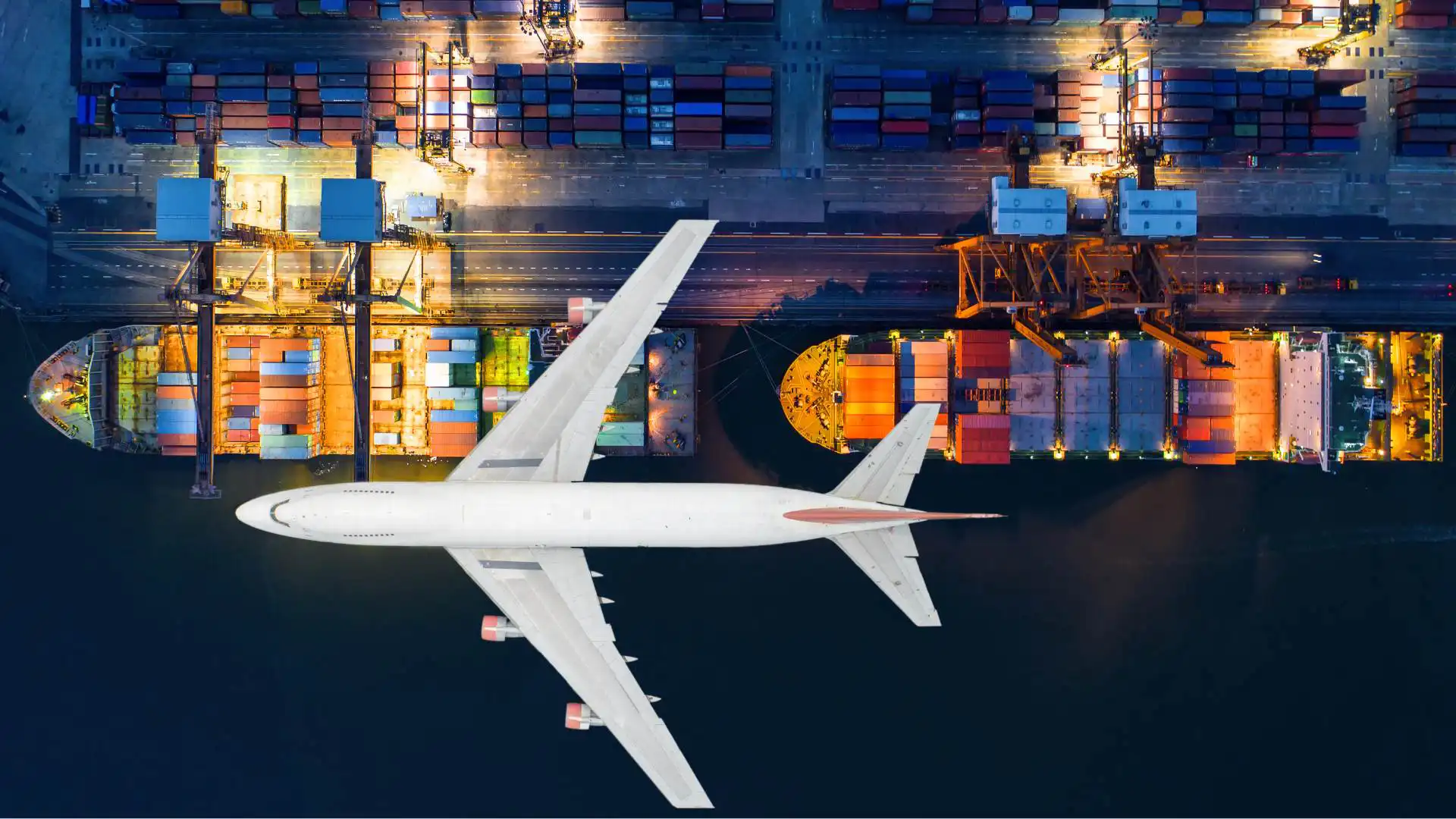In recent weeks, Mexico has implemented significant tariff and duty adjustments, catching many businesses off guard and triggering a wave of supply chain recalibration. The new measures include a 35% tariff on imported textiles and a 19% duty on goods shipped via courier services. According to Reuters, these changes aim to curb practices that exploit Mexico's trade advantages, particularly targeting e-commerce giants like Shein and Temu.
The Immediate Impact on Supply Chains
The swift enforcement of these policies has left many companies scrambling to find alternative solutions. As Averitt's VP of Mexico Sales, Ed Habe, explains, "The speed at which these changes were implemented has created an urgent need for companies to re-evaluate their distribution strategies. Many are now looking to shift operations to the U.S. to avoid these additional costs."
The adjustments have broader implications beyond just e-commerce. According to Retail Dive, Mexico's new tariffs are designed to align with global trade standards while addressing domestic economic priorities. These policies are prompting businesses across various industries to explore staging inventory in U.S. warehouses and rerouting cargo from Mexican ports to U.S. entry points.
Strategic Shifts to the U.S.
For shippers facing these challenges, Averitt can assist in developing and providing a critical, end-to-end solution. Companies can leverage Averitt's expansive network of Distribution and Fulfillment Centers, offering nearly 3,500,000 square feet of contract-free space and an advanced Warehouse Management System for enhanced inventory visibility and streamlined distribution.
"Many businesses are actively seeking U.S.-based options for immediate distribution needs," Habe notes. "Our ability to handle everything from drayage to transloading and final mile delivery services positions us as a key partner during this transition."
Rerouting goods to U.S. ports is another strategy shippers are considering. By importing through ports like Houston or Charleston, businesses can bypass new Mexican tariffs and duties. Averitt's PortSide® Services ensure smooth container handling, from drayage to unloading and inventory management.
Backed by Averitt’s five service units (LTL, Truckload, Dedicated, Distribution and Fulfillment, and Integrated and Global Solutions), shippers can streamline their supply chains and increase velocity to market with full visibility and control.

Planning for the Long Term
The current environment underscores the importance of proactive planning and strategic partnerships. As Air Cargo News highlights, businesses are under pressure to adapt quickly to shifting trade policies and geopolitical uncertainties. Establishing operations in the U.S. can mitigate risks and reduce exposure to unpredictable policy changes.
Habe remains optimistic about the opportunities these shifts present. "While the immediate adjustments are challenging, they open the door for long-term improvements in supply chain resilience. Companies that invest in U.S. warehousing and logistics infrastructure will be better positioned to navigate future disruptions."
Conclusion
As Mexico's tariff landscape evolves, shippers must act decisively to safeguard their operations. By leveraging Averitt's integrated solutions, businesses can adapt to new challenges and optimize their supply chains for efficiency and cost-effectiveness.
For companies navigating these changes, the message is clear: the time to plan is now. Let Averitt be your partner in building a resilient and adaptable supply chain for the future.
.webp?width=1920&height=1080&name=supply-chain-circle-2023%20(4).webp)
Want to learn more about how Averitt can support your transportation and logistics needs? Fill Out The Form Below to Contact Us!









